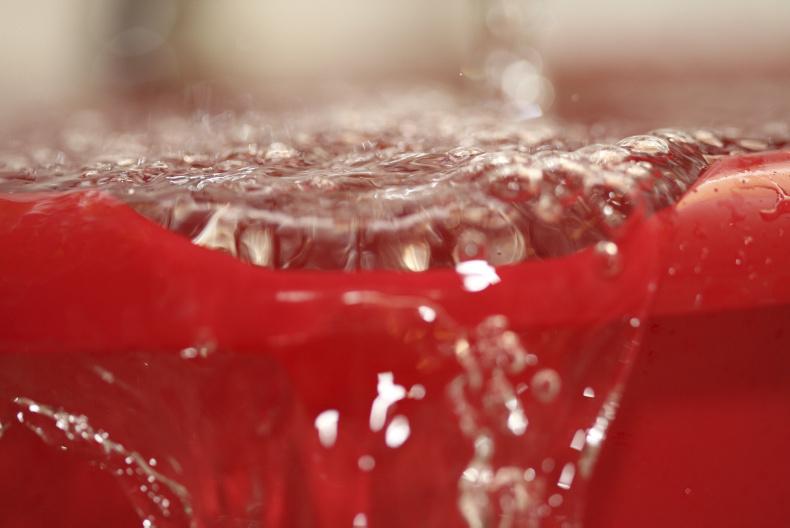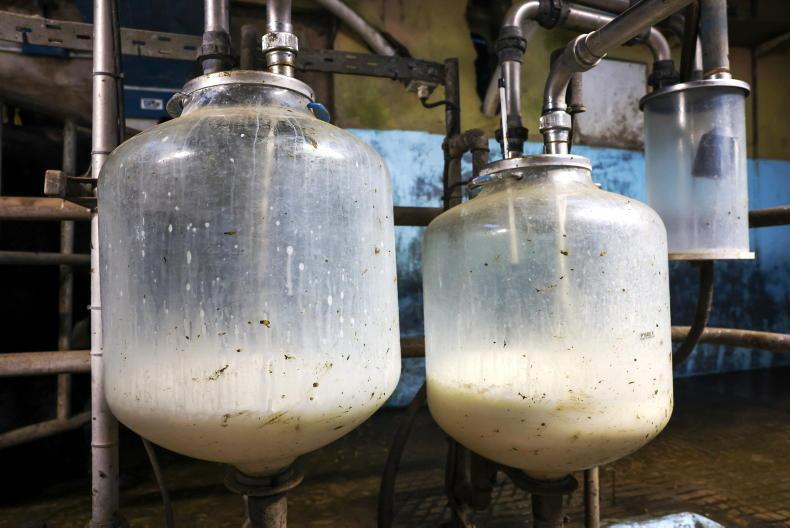Concern is being expressed that water policy will discriminate against those who receive their domestic water from private wells or group schemes.
On Tuesday, the Expert Commission made its recommendations regarding water charges, which have proven so contentious since first introduced. It now seems inevitable that the current suspended charges system will be scrapped.
Instead, it is likely water will be paid for through general taxation, with the possibility of a new direct tax. Wasteful users could be levied with a charge, the report suggests. Anti water charges campaigners are saying no charges are acceptable at all, with education regarding water conservation seen as the way forward.
Amidst all this, the 130,000 private well households and the 70,000 private group water scheme households seem likely to continue to bear at least some of the costs of their own domestic water provision.
The National Federation of Group Water Schemes, (NFGWS) for its part, says that the Expert Commission’s report does stress the need for equity. A NFGWS spokesman said: “We’re not interested in the politics, but we will ensure equity.”
He stressed that the group’s experience has shown the stick as well as the carrot has improved conservation. “Anyone who supports indiscriminate and unlimited water supply with no charge is not living in the real world.”
Water wastage
Half of water wastage was found by metering to occur on the user’s side, and some schemes now have eliminated all water waste through a combination of education and charging for wasteful use.
ICMSA president John Comer has said farm families and the hundreds of rural communities using their own wells or privately funded group water schemes can only now conclude they are officially designated as lesser citizens compared with their urban and suburban counterparts. He too called for equity for all domestic water users.










SHARING OPTIONS